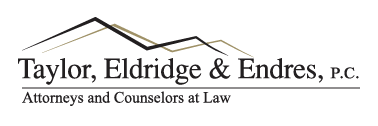Management companies come in all sizes and shapes, as do community associations and their boards, and there is no clear answer to the question of how to choose the company best suited for your Board and your community.
Like most things in life, there can be advantages and disadvantages to everything. A small company may be able to provide more personal attention, but are they small because the service they provide is not in demand? An established company may tout its years of experience, but will a newer company try harder to please? A less expensive company will be easier on your budget, but will their service be low in quality as well? A more expensive company may provide top quality service, but will you need to raise assessments to pay their fees – and is that necessarily a bad thing?
A management company may want to take over responsibility for the day to day affairs in running your community – which may be a good thing – but is your Board too “hands on” to allow that to happen – which could result in endless conflict? All of these questions can only be answered by you and your Board as you interview different companies and survey their offers. Continue reading “How to Choose a Property Management Company”


